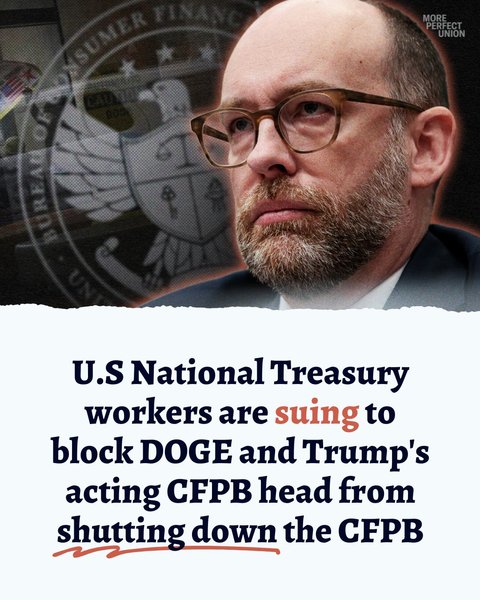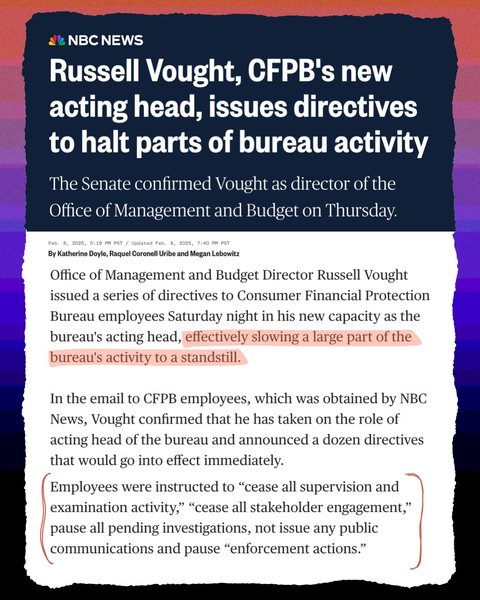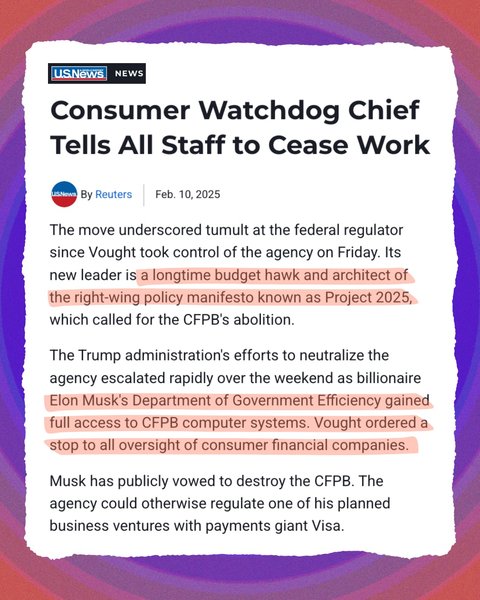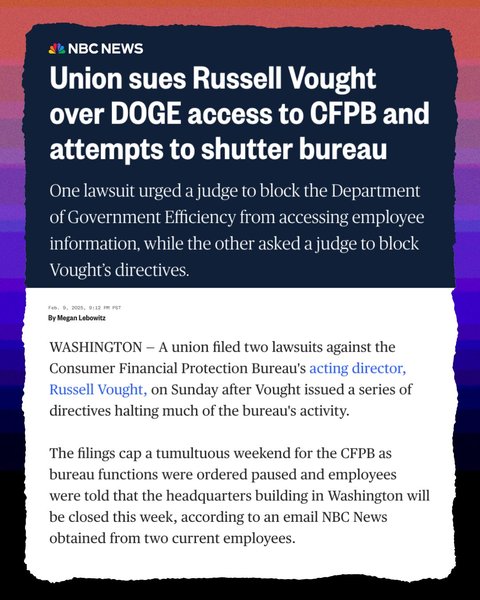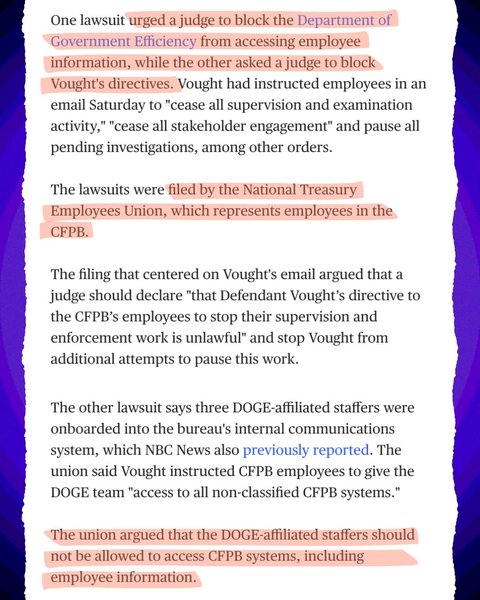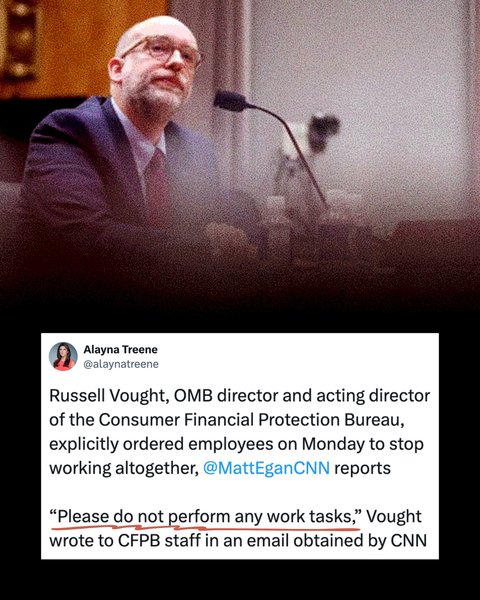Sublime
An inspiration engine for ideas

Bombing runs over Guatemala City resumed, CIA pilots stationed at Managua’s international airport joined in, the Guatemalan Army continued to remain in its barracks, and by June 27, Arbenz had agreed to resign. He was replaced by a military dictatorship.
Jean Edward Smith • Eisenhower in War and Peace
From the legal-diplomatic standpoint the undertaking was made possible by a treaty signed in Bogotá. Panama was still part of Colombia (or New Granada, as it was then known), and for years the government at Bogotá had been urging Great Britain and France to guarantee New Granada’s sovereignty over the isthmus as well as the neutrality of any future
... See moreDavid McCullough • Brave Companions
Force 17, Yasir Arafat’s personal bodyguard
Daniel Silva • The Kill Artist (Gabriel Allon Series Book 1)
Durante un buen tiempo, antes de que apareciera Howard Hunt, su único contacto fue Kevin L. Smith, el director de la United Fruit en Honduras. Él le hizo saber que «ellos» lo habían elegido finalmente a él para que dirigiera el Ejército Liberacionista. El mismo Smith lo llevó en su avión particular a Florida, donde, diecinueve kilómetros al norte
... See moreMario Vargas Llosa • Tiempos recios (Spanish Edition)
In January 1942, two memoranda arrived on Holcomb’s desk within a week of each other suggesting the creation of Marine Corps commandos. The first was from his superior, Admiral Ernest J. King, the recently appointed Chief of Naval Operations. As enamored with defense as he was with temperance—“When they get in trouble they send for the
... See more